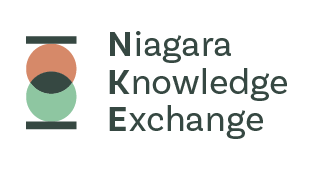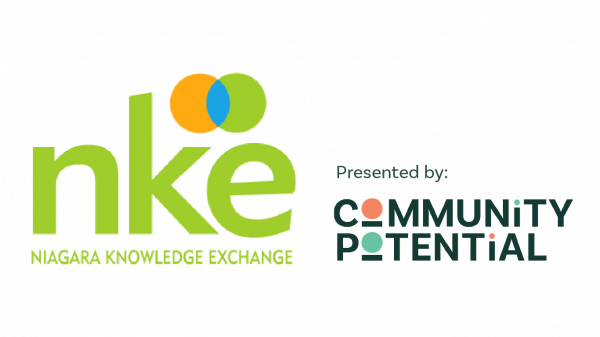If you are looking to complete training in our Integrative Trauma and Attachment Treatment Model (ITATM) our next training is scheduled for September and we still have some spaces available.
Part 1 can be completed online. It is pre recorded so you can self-pace your learning.
Part 2 will be offered live online September 27 – 29 from 10:00 am – 5:30 pm. Offering a later start for those of you in pacific time zones!
Learn more & register here
Our Integrative Trauma and Attachment Treatment Model ® is an embodied model that uses an integrative and neurosequential approach for the reprocessing and reappraisal of the central details of trauma memories. It is a rich integrative approach with components of sensory processing, somatic therapy, art, visualization, resourcing and reframing in an integrative and structured manner to regulate the body, brain and mind simultaneously. Therapists around the world are learning the efficacy and power of this treatment model – and one of the best features for clients is that they DON’T NEED TO TALK ABOUT WHAT HAPPENED! We have actively been using this model at our 2 treatment centres (@ATTCH Niagara and @Lori_Gill_Psychotherapy) with great efficacy for treating complex trauma. It is a highly effective and accelerated treatment model for treating the underlying issues causing the pain, addiction, suicide ideation, high risk behaviour etc. Using the Integrative Trauma and Attachment Treatment Model (ITATM)® we observe statistically and clinically significant reductions in suicide ideation, tension reduction behaviours (self-harm, addictions, high risk behaviours), anger, depression, anxiety, and dissociation are observed with the use of our treatment approach. These are areas that often impact daily life skills, education, employment, the ability to remain regulated, maintaining safe housing, utilization of high risk and crisis services, etc.
Results from the program evaluation of our model completed by Victoria Dobson and Dr. Paul Frewen, Western University Hospital demonstrated clinically and statistically significant changes in these areas, often with observable reductions occurring in as few as 5-6 sessions! This is not to say everyone is fully recovered at the completion of treatment as we are working with complex trauma and as such there are no easy solutions. However these are outcomes that are very realistic of a complex trauma population and demonstrate that there is benefit to the treatment being offered.
Average reductions at the time of review in high risk areas were as follows:
Depression 9.61 reduction
Suicidality 10.20 reduction
Anger 9.98 reduction
Dissociation 8.71 reduction
These are areas that often impact daily life skills, the ability to remain regulated, maintain safe housing, utilization of high risk and crisis services etc. As such any reductions in these areas demonstrates a positive shift towards a more emotionally regulated state.
If you are ready to become trauma-informed or enhance your trauma treatment this training will help you to learn an effective and efficient model for doing so.
A wide variety of continuing education options are also available online and soon will be launched in a new platform (https://attch.getlearnworlds.
Attachment and Trauma Treatment Centre for Healing (ATTCH) also offers custom trauma trainings and certification to meet your agency, community, or practice needs. Join us to learn leading edge approaches to treating complex trauma and promoting post-traumatic growth.
Let’s work together to heal life’s hurts and hearts!


